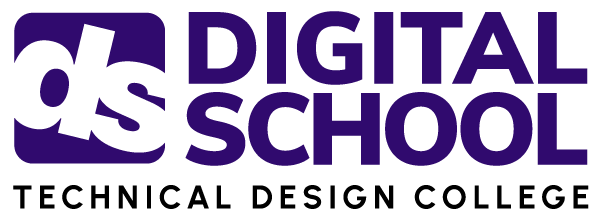If you’re pursuing CAD training, you probably have aspirations of becoming a successful engineer one day—and whether your plans are to design buildings or even cars, you might be surprised to find that you’ll need a little more than a CAD college degree to get your foot in the door of this industry.
Ethics plays a major role in the engineering sector and in order to put those CAD training courses to good use in the future, you will have to embody what the Canadian Engineering Qualifications Board defines a “good character.” And of course, you’ll also have to follow the National Code of Ethics for Engineers. If you’re scratching your head and trying to decide whether or not you possess a “good character,” continue reading and we’ll give you a rundown of the basics.
A Good Character, According to Engineers
Engineers Canada describes good character as the “ability to tell the difference between right and wrong; the courage to do what’s right, no matter the personal consequences;” and “the ability to assess these issues, within the context of the practice of the profession, in the best interests of the public as a whole.” Still not sure? Here are some of the traits that a person of good character should possess:
- Trustworthiness
- Respect
- Responsibility
- Fairness
- Caring
Now that you’ve established that you are in fact a good person (congrats!), it’s time to move on to the Rules of Practice featured in the Code of Ethics for Engineers—for when you do snag your dream job.
Understanding the National Code of Ethics for Engineers
There are normally a set of rules or guidelines that every professional is expected to follow in any industry, so it shouldn’t come as a surprise that engineers have their very own set. Let’s take a look at a few of the regulations that you’ll be expected to abide by one day.
Protection of the Public and the Environment
This is probably the most important rule of practice for engineers because it actually involves the safety of other human beings. As an engineer, you’ll have the responsibility of ensuring that any project you’re involved in follows the accepted engineering practice, standards, and codes. You’ll also have to make sure that it’s considered safe according to your own judgment, as well as that of your peers. If you notice a discrepancy in a project, or if there’s any reason at all to believe an activity, product or process doesn’t follow the practice, you’ll have to tell your superior immediately.
Competence and Knowledge
A rule that should be quite obvious—if you don’t know how to do something, you shouldn’t do it! This cannot be stressed enough. You have a responsibility to design and create for others (whose safety may be at stake) and if you don’t possess the skills to do this correctly, then you’re required to ask an expert for help. Because new developments in technology are always being introduced—especially in the engineering industry—you’ll also be responsible for remaining educated and up-to-date.
Professional Accountability and Leadership
This is a rule that actually applies to virtually every profession: accept responsibility for your actions. If you do something wrong—whether knowingly, or by accident—you are the only one who can be held accountable for the outcome. This rule applies to every aspect of the engineering practice, including but not limited to; design, construction, supervision, reports, studies and much more. Keep in mind that once you’ve completed a task or project, you’ll have to sign and seal an engineering document—this indicates that you are taking responsibility for the work that has been done.
Which of the rules listed above do you think is most relevant to engineering professionals?



